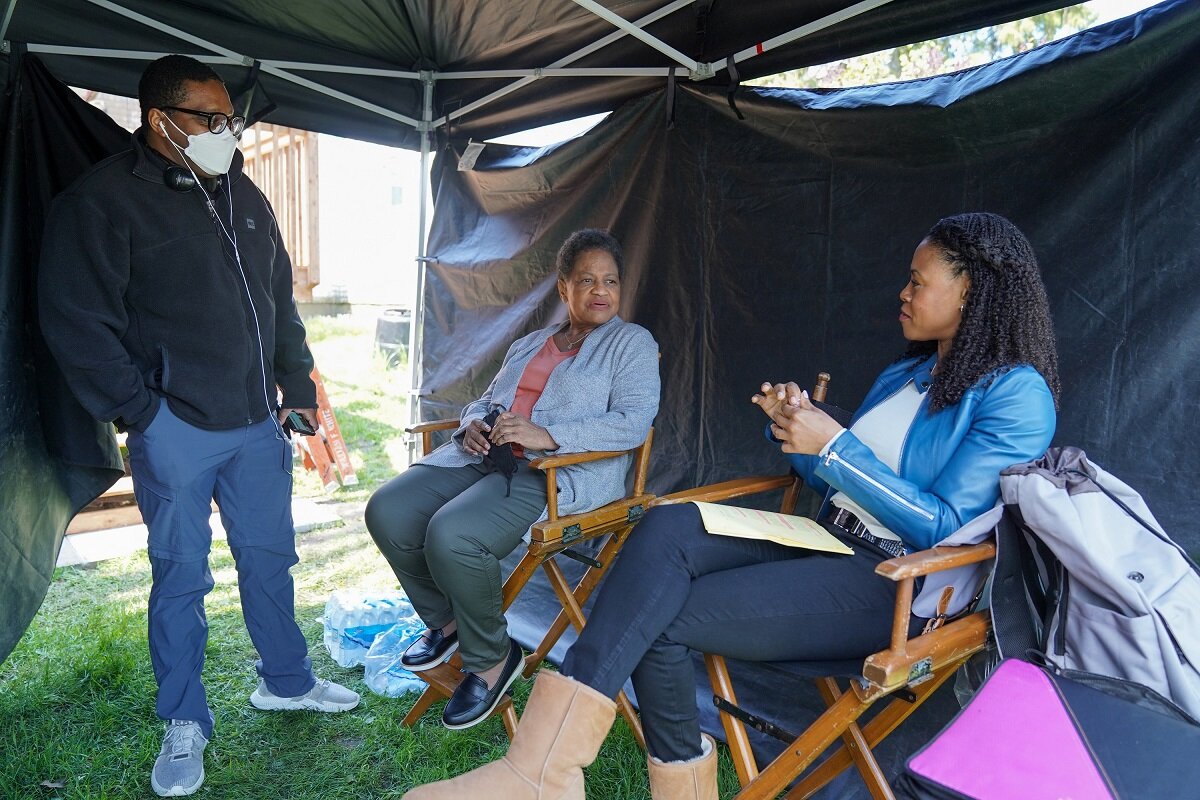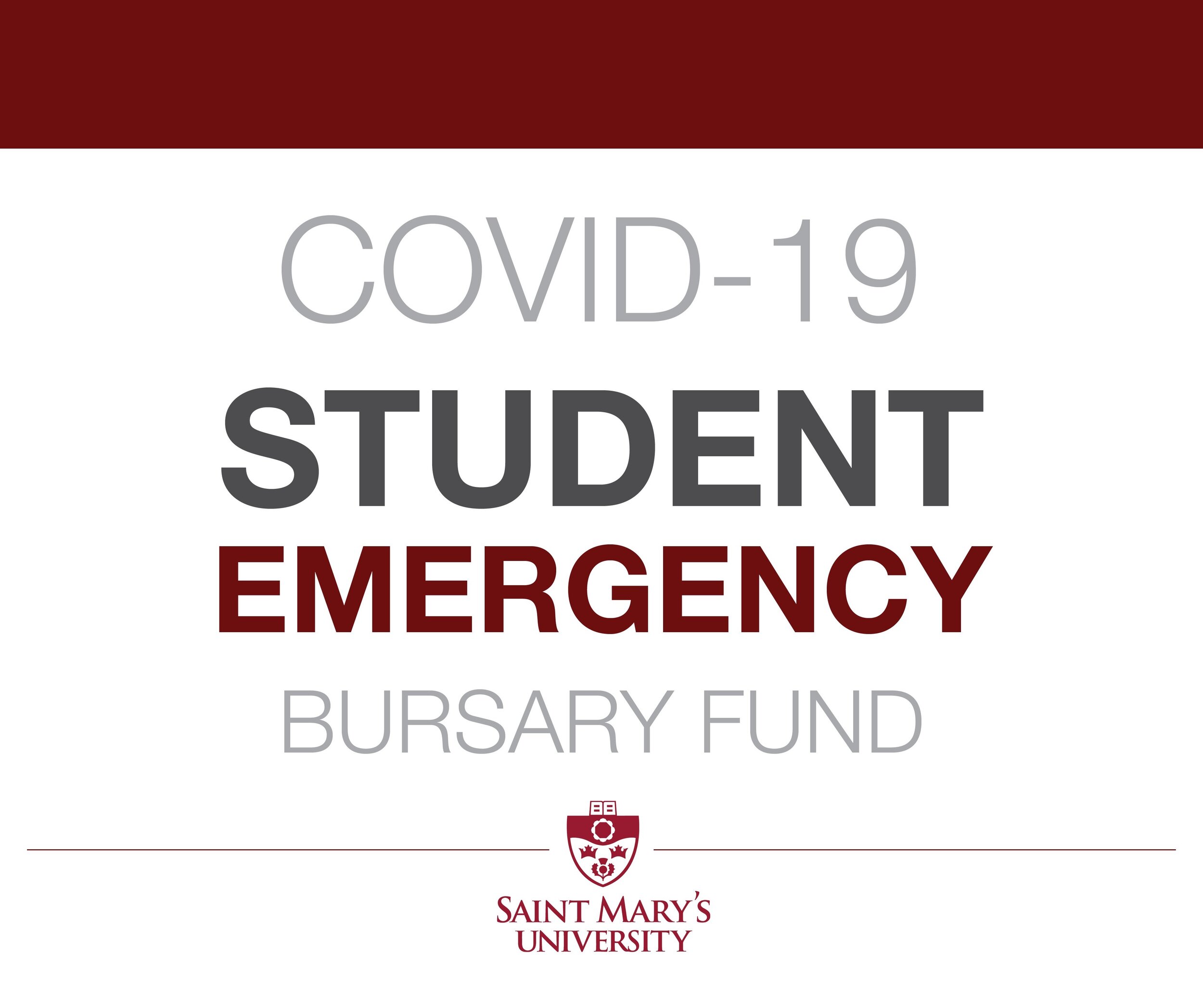After graduating from Saint Mary’s, Kane’s next steps were a law degree then working as legal counsel and a production executive on such notable film and TV projects as This Hour Has 22 Minutes, Shake Hands with the Devil, and the Oscar-winning documentary Bowling for Columbine. But writing was always his first love so he eventually chose to make it a more central aspect of his career, starting with his drama series North/South. He has since written for numerous TV shows and produced the 2015 feature film, Across the Line, his story about a North Preston hockey player aiming for a professional career on the ice.
“One of the things I realized as I got into the industry is that I never saw Black Nova Scotians portrayed in Canadian film and television, so that was a goal I wanted to accomplish, to be able to bring those stories to the screen,” says Kane.
Those stories are resonating widely with audiences, not just in Canada. His acclaimed series Diggstown, which shot its third season in Halifax this summer, airs nationally on CBC-TV and will soon be seen in the U.S. on the FOX network. The show’s central character Marcie Diggs is a legal aid lawyer from North Preston who surfs in her spare time and works hard for her clients, challenging social injustices that strike a universal chord far beyond Nova Scotia.
Kane recalls local tourism ads from the time he was growing up: “It was all these people who were sailing and surfing and having lobster dinners. And they were all white. What I love about Diggstown is that it’s an opportunity to recast the Nova Scotia narrative but it puts Black and Indigenous people at the centre of it.”
That sense of possibility in storytelling ignited for him as an undergrad at Saint Mary’s. Kane started out as a Commerce major, switching to Arts after producing a play at age 19. In a pivotal course in 19th century literature, one of his projects was tackling an update to the 1847 classic, Wuthering Heights. “I just loved the idea that I could take this book and put Black people into the narrative in a textual way. There has always been talk that Brontë may have intended Heathcliff to be Black.”
Kane maintains a close connection with Saint Mary’s by serving as a member of the Board of Governors, and he’s thrilled to help create this opportunity for aspiring writers, to reduce financial roadblocks as they graduate.
“I really hope it’s transformational for those who will receive it. I hope it helps them to continue to pursue whatever dreams they have,” he says.
The award is named for his mother Edna and his late aunt Velma, who always supported his dreams.
“Everything starts with them,” says Kane. “Even though we were poor, my mother made sure we never wanted for anything. My aunt bought me a Smith Corona typewriter when I was in Grade 7, and I taught myself to type. The first things I ever wrote were on that machine. Professionally, she’s the reason why I’m here and personally, my mom inspired the ambition that got me here. So I wanted to honour those two great Black Nova Scotian women who never had the opportunities I had.”
A writing career isn’t limited to writing novels, poems or film scripts, he adds. For award eligibility, it could be anything from creative writing to non-fiction history books, digital communications, or continuing an academic path in an Arts and Humanities discipline. As part of the application process, available soon on the website, students will submit a personal statement essay outlining their career goals.
Kane’s main advice for young writers?
“Don’t give up,” he says. “Don’t be dissuaded by naysayers. Keep doing the work. Put your head down and just persevere …. In all honesty, this is the only thing I could ever see myself doing.”
For information on the Edna and Velma Thomas Kane Writers Award, including the online application form, see Faculty of Arts Awards and Funding.

















